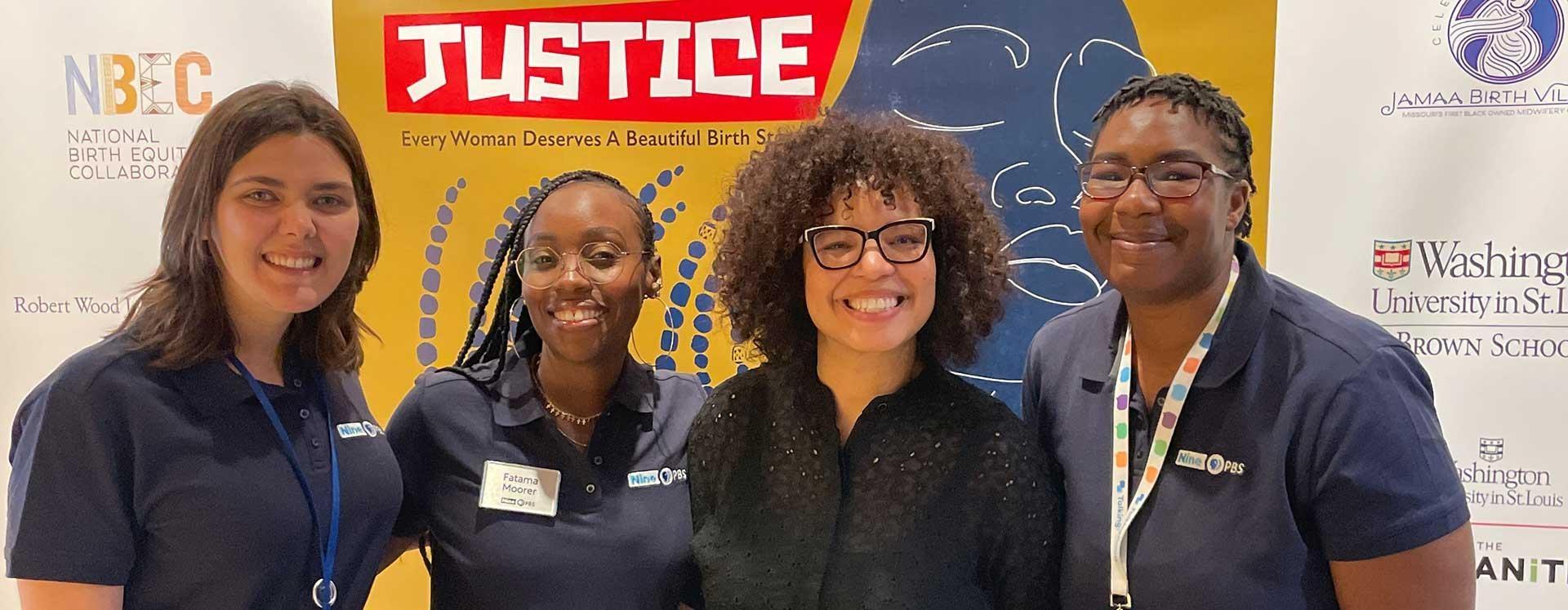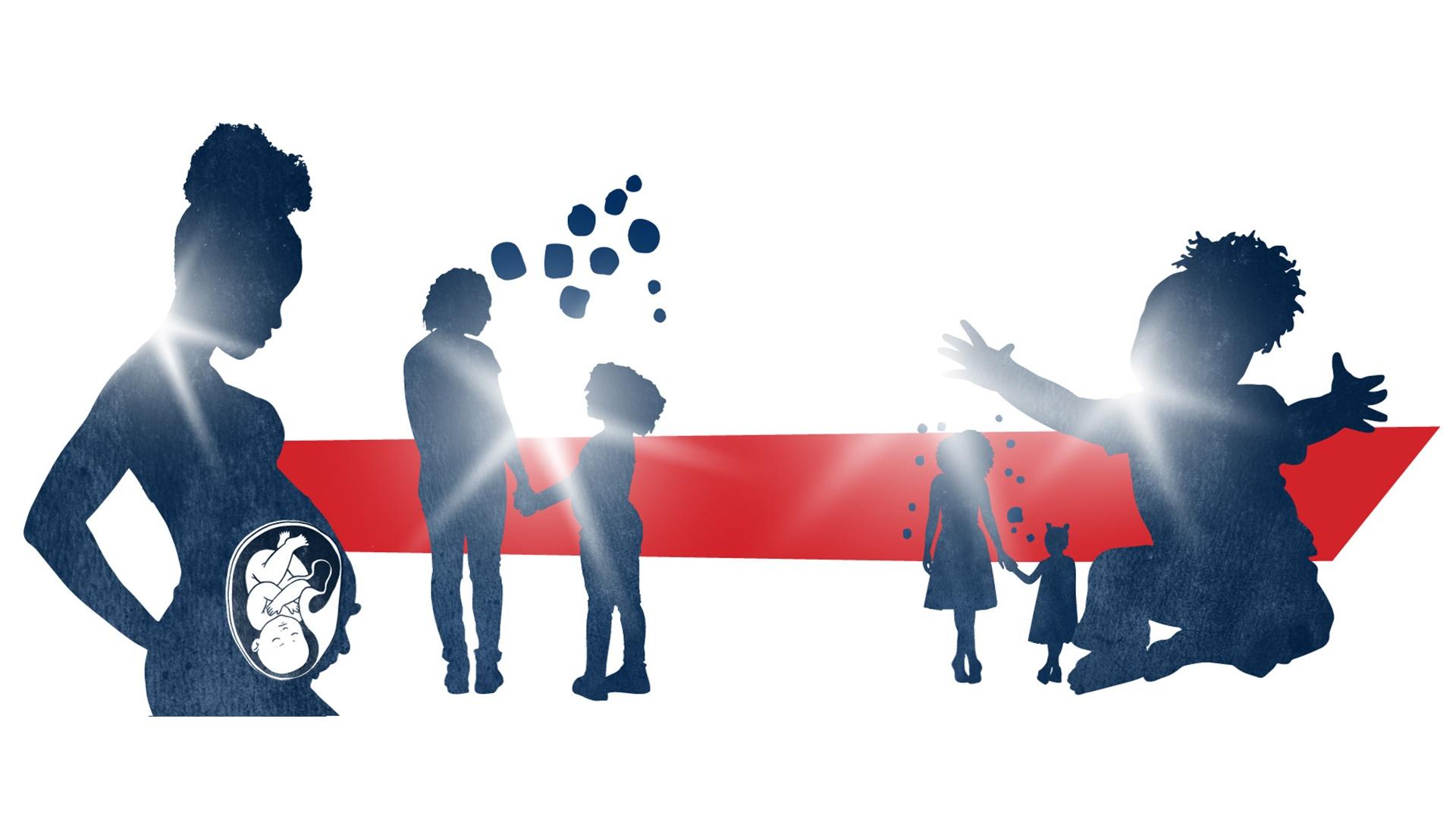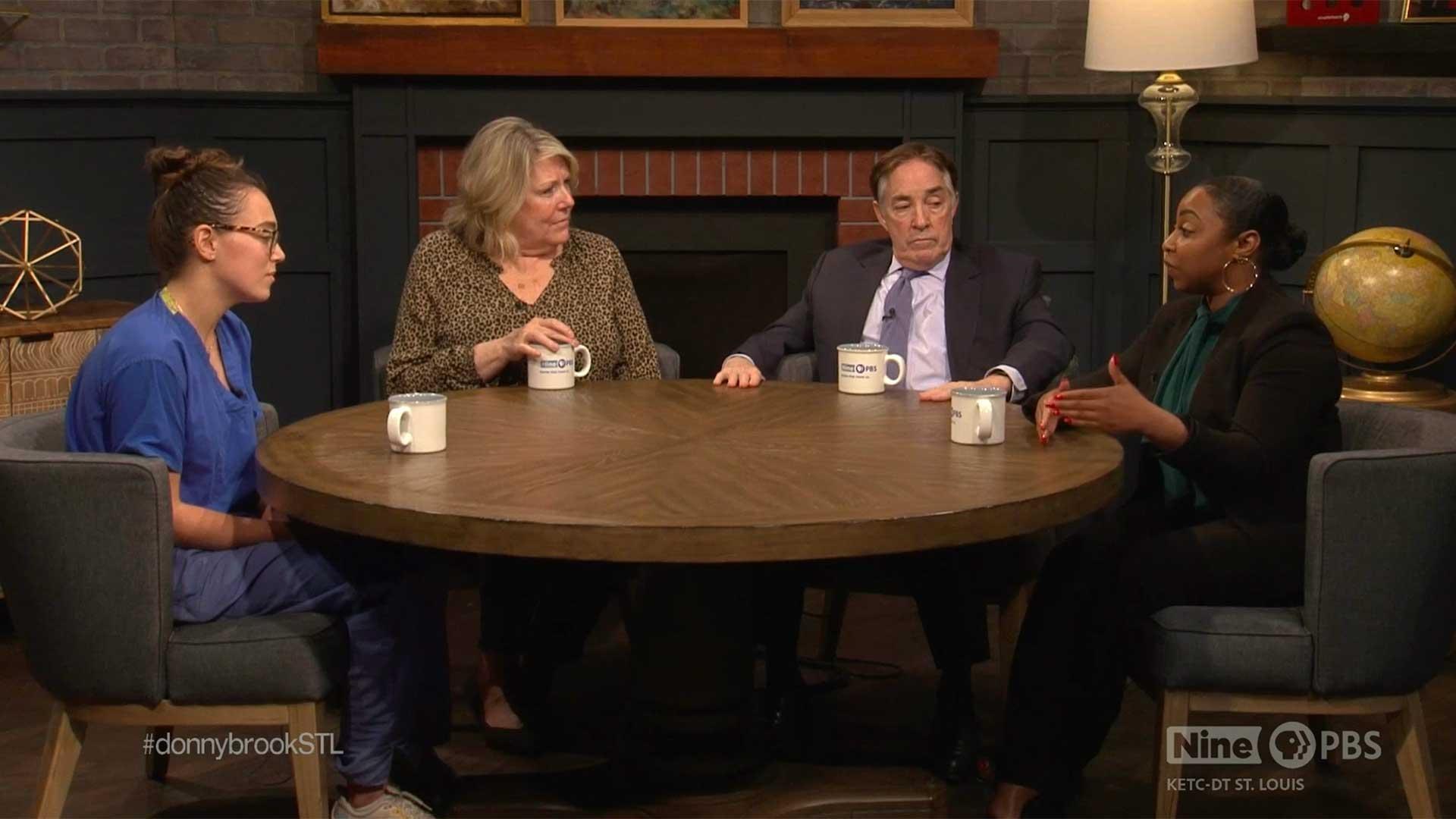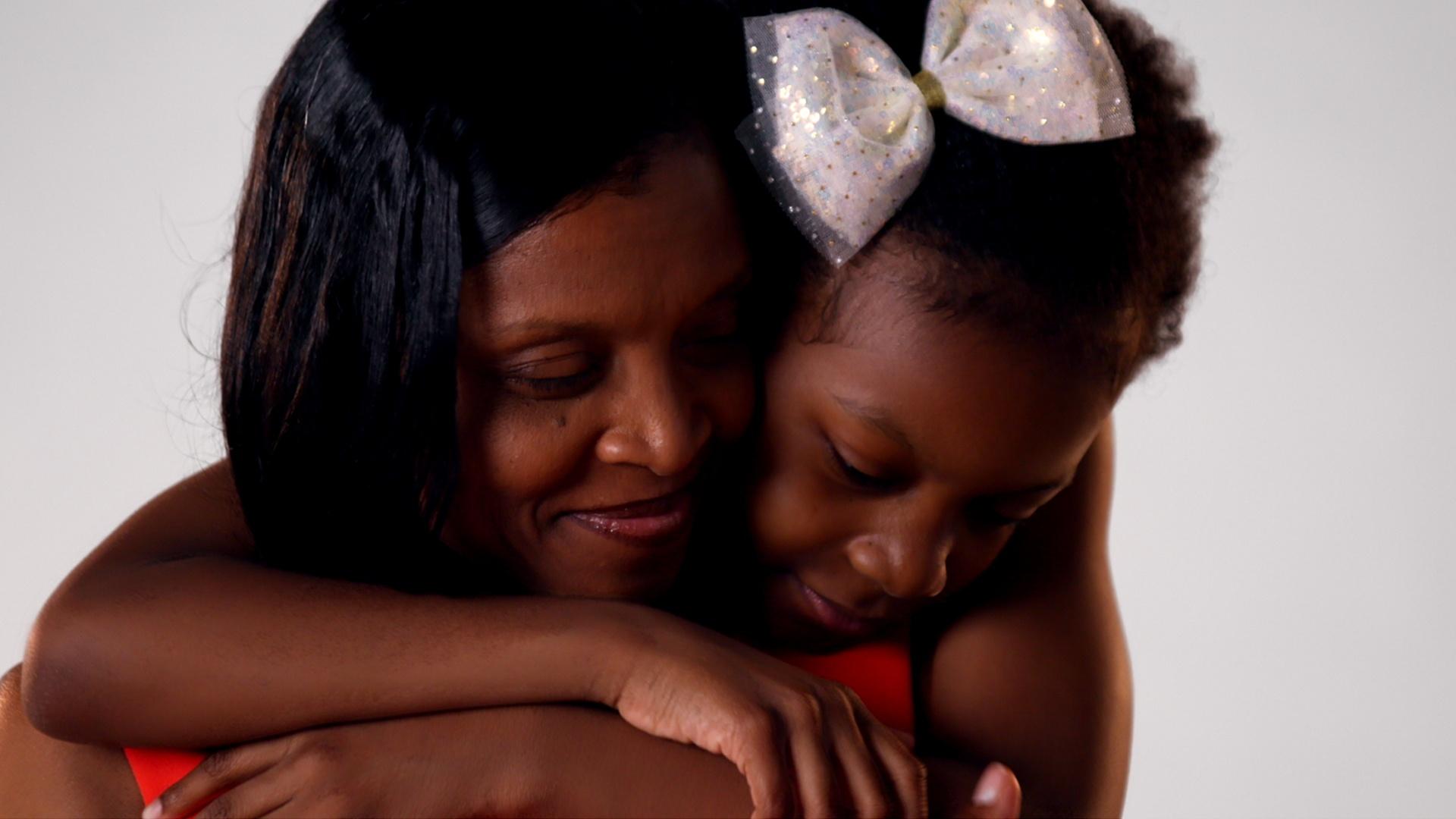Black mothers in Missouri are four times more likely to die from pregnancy complications than their white peers, according to the Missouri Department of Health and Senior Services. Birthing Justice, a documentary from Women in the Room Productions that premiered in St. Louis on April 15, aims to center Black women in finding solutions to this maternal health care crisis.
The film focuses on four regions: St. Louis–Ferguson, North Carolina, Georgia, and West Los Angeles. High cases of maternal mortality in Black women across socioeconomic and education levels demonstrates how racial and gender bias can impact the quality of healthcare available.
“It's not anything that any person, any birthing person, any mother is doing,” said April Mickens Jolly, vice president of health equity and culture for Planned Parenthood of the St. Louis Region and Southwest Missouri. “And it's not race, it's racism. That is the roots.”
Jamaa Birth Village, featured heavily in the film, is based in Ferguson. Their mission is to take the fears and concerns of Black birthing people seriously, which are too often ignored by mainstream hospitals and the medical community at large.
At the heart of the Village’s support system are doulas. The doula, unlike a midwife, focuses exclusively on the comfort of the birthing person; whereas the midwife’s focus is on the clinical aspects of the birth. The film posits that doulas, specifically ones who can relate to the lived experiences of their Black patients and people of color, are key to addressing the inequity at the heart of our country’s high maternal mortality rates.
Founded in 2015 by Okunsola M. Amadou, the midwifery clinic’s website states that it is the first Black-owned organization of its kind in the state. Amadou told Saturday’s crowd that when Jamaa Birth Village was created in her living room, there were only five Black doulas in the region. Today, there are more than 200 trained doulas at the center.
Following the St. Louis screening, Nine PBS’s Ruth Ezell led a panel discussion. The panel included public health officials, medical providers, and the film’s director, Monique Matthews.
There is a term for racist misogyny Black women face: misogynoir.
“It is the specific intersection of violence against Black women in the spaces that were meant to protect them,” said Matifadza Hlatshwayo Davis, director of health for the City of St. Louis.
One piece of potential legislation Amadou said she would like to see passed is a standardization of payment for doulas. Right now, they might be paid as little as $800 per client; their advocates would like to see that increase to $1,500.
Both in the film and on the panel, experts discussed the importance of the recent Momnibus Act. The federal legislation is meant to specifically address the Black maternal health crisis.
The legislation invests in social determinants of health that influence expecting parents, like housing, transportation, and nutrition.
In addition to the film screening, April 15 was also the first annual Jamaa Birth Village Day. The organization recently announced plans for a new complex in Ferguson. Monique Roberts Gill, with Perinatal Behavioral Health Service at Washington University, advised expecting Black parents to assemble and empower their “birth tribe” long before entering a delivery room. This group of loved ones should feel empowered to advocate for the mother while the birthing person may not be able to.
For more information on how the Momnibus Act will evolve in Missouri—visit missourimomnibus.com.
The panelists included:
- Okunsola M. Amadou, founder and CEO, Jamaa Birth Village
- Kanika Cunningham, MD, director, Public Health for St. Louis County
- Monique Roberts Gill, LPC, Perinatal Behavioral Health Service, associate program coordinator, Washington University in St. Louis
- April Mickens Jolly, Vice President of Health Equity and Culture, Planned Parenthood of the St. Louis Region and Southwest Missouri
- Tyriesa Howard, PhD, assistant professor, Brown School, co-director, Fathers First Initiative, Washington University in St. Louis
- Matifadza Hlatshwayo Davis, MD, MPH, director of health, City of St. Louis
- Carmen Shelton, doula, Jamaa’s Birth Village
- Jesse A. Davis, MD, MBA, neonatal hospitalist, St. Louis Children’s Hospital
- Monique Matthews, filmmaker and director, Birthing Justice
To hear more from Tyriesa Howard and Okunsola M. Amadou, watch the Donnybrook Next Up episode from April 13 online below or on the PBS App.
Watch Birthing Justice online below or on the PBS App.
Contributed by Molly Hart, Social Media Coordinator, Nine PBS







